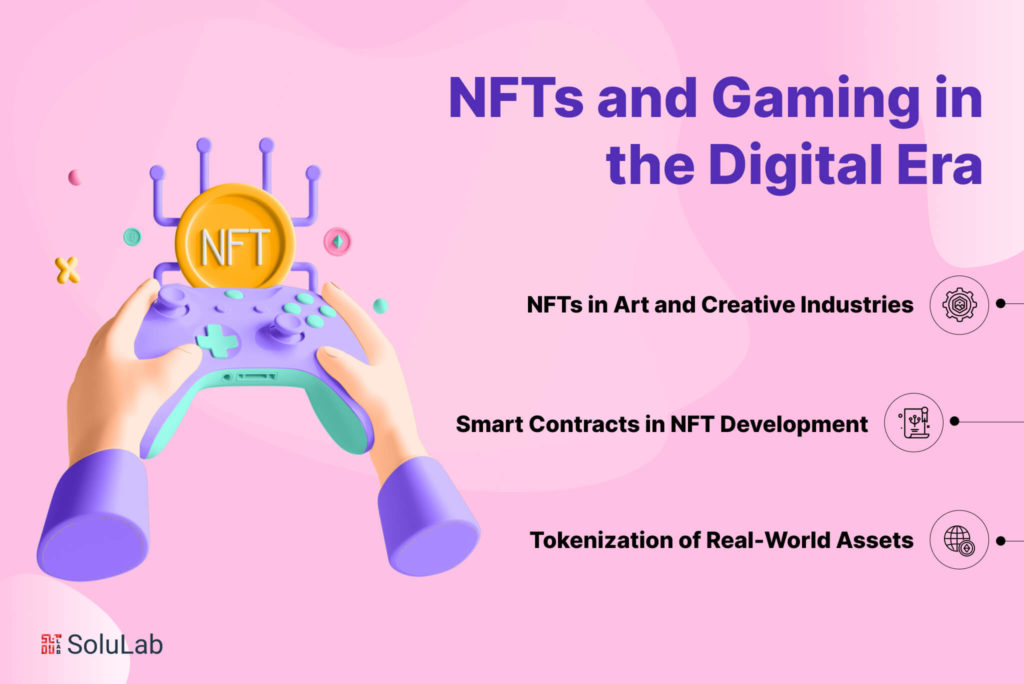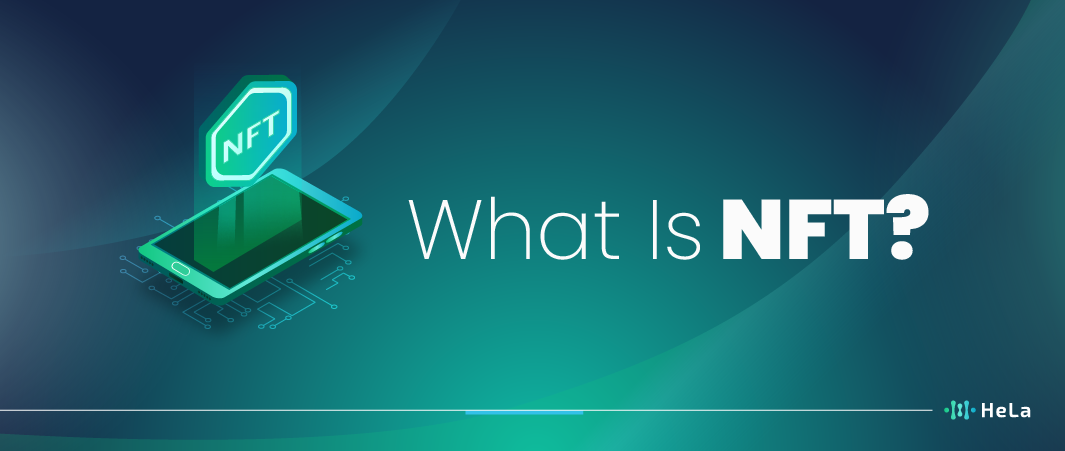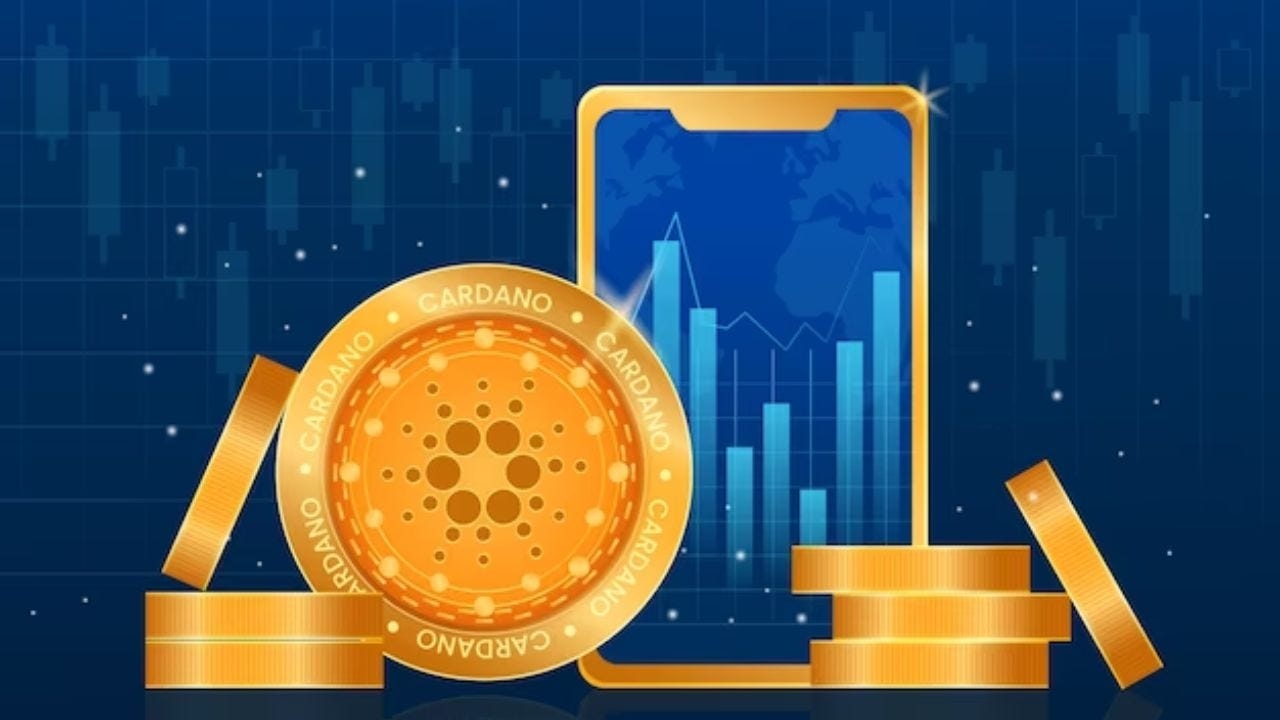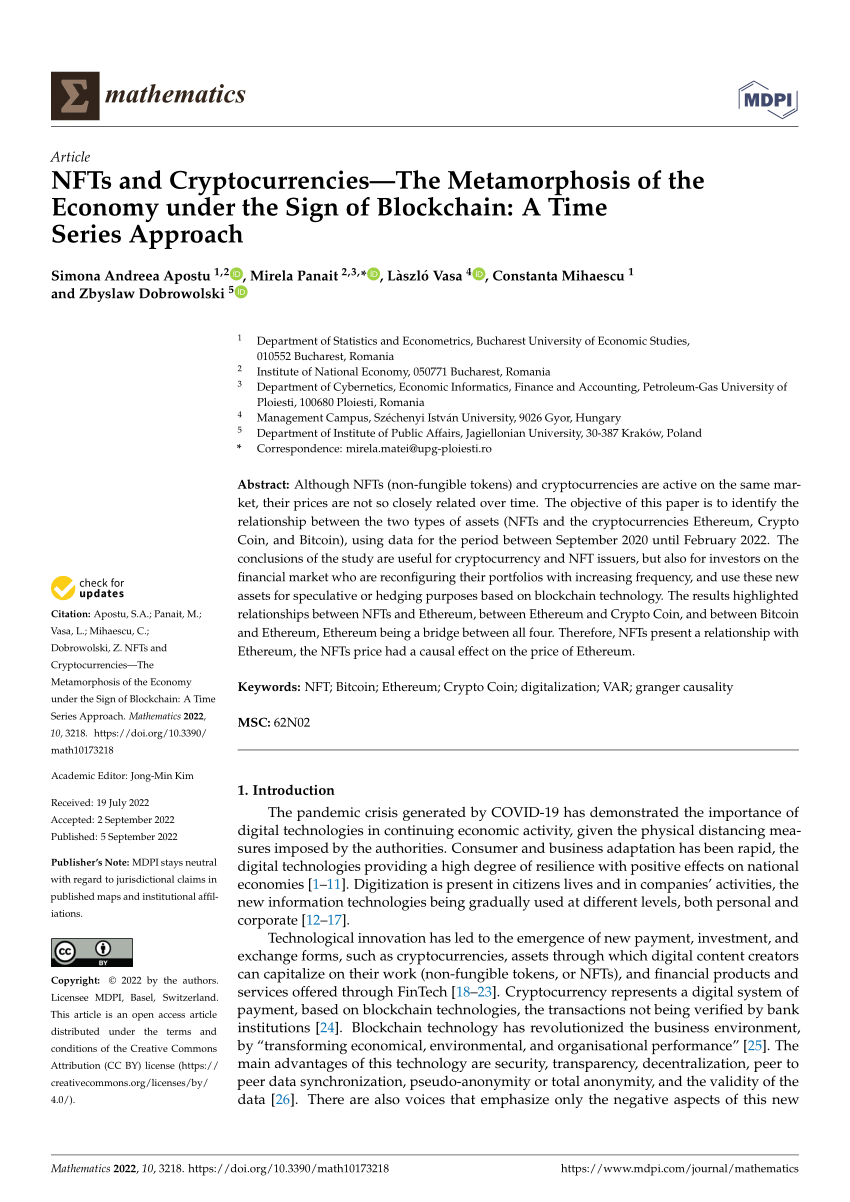Empowering Individuals to Take Control
Blur: NFT | Blur: NFT login | Blur: NFT connect | WalletConnect | Traders | What Is Blur Crypto

Blur: NFT | Blur: NFT login | Blur: NFT connect | WalletConnect | Traders | What Is Blur Crypto
As the world becomes more digital and decentralized, individuals are seeking new ways to take control of their financial futures. One of the most innovative and exciting developments in recent years has been the rise of cryptocurrencies and non-fungible tokens (NFTs). These emerging technologies have the potential to revolutionize not only the way we conduct financial transactions, but also the way we create, trade, and own digital assets.
At the heart of this revolution is the concept of wallets. Cryptocurrency wallets, whether they are hardware devices or software applications, are essential tools that enable individuals to securely store, manage, and transact with their digital assets. They provide a bridge between the physical and digital worlds, giving users unprecedented control and ownership over their financial lives.
What makes wallets truly revolutionary is their ability to democratize the cryptocurrency and NFT economy. In the traditional financial system, access to wealth and investment opportunities has been limited to a select few. Banks and financial institutions have acted as gatekeepers, determining who can participate in the economy and who cannot.
With wallets, however, the power shifts from these centralized institutions to individuals themselves. Anyone with a smartphone or computer can create a wallet and start transacting with cryptocurrencies and NFTs. This opens up a world of possibilities for millions of people who have been excluded from the traditional financial system.
By empowering individuals with wallets, we can create a more inclusive and equitable financial future. People can now access financial services, invest in assets, and participate in the global economy on their terms. This has the potential to level the playing field and break down barriers that have historically prevented certain communities from accessing wealth and opportunity.
In conclusion, wallets play a crucial role in democratizing the cryptocurrency and NFT economy. They give individuals the power to take control of their financial futures, unlock new opportunities, and participate in a global digital economy. As these technologies continue to evolve, it is important that we harness their potential to create a more inclusive and equitable financial system for all.
Empowering individuals: the role of wallets in democratizing the cryptocurrency and NFT economy

As the cryptocurrency and NFT (Non-Fungible Token) economy continues to grow and evolve, the role of wallets in empowering individuals cannot be underestimated. Wallets not only provide a secure storage solution for digital assets but also play a crucial role in democratizing access to these assets.
Security and Control
One of the primary functions of wallets is to provide a secure and controlled environment for storing cryptocurrencies and NFTs. By utilizing encryption and private keys, wallets ensure that only the owner has access to their digital assets. This level of security is essential in a decentralized economy where individuals are responsible for their financial sovereignty.
Furthermore, wallets enable users to choose between different types of wallets, such as hardware wallets, paper wallets, or software wallets, depending on their desired level of security. This flexibility allows individuals to have full control over their assets, eliminating the need for intermediaries or third parties.
Democratizing Access

Wallets also play a significant role in democratizing access to the cryptocurrency and NFT economy. Traditionally, financial markets have been centralized, excluding a large portion of the global population from participating. However, with wallets, anyone with an internet connection can create a wallet and start transacting in cryptocurrencies and NFTs.
Moreover, wallets provide individuals with the ability to send and receive digital assets across borders without any intermediaries or restrictions. This not only promotes financial inclusivity but also provides an alternative for those living in countries with limited access to traditional banking services.
Additionally, wallets enable users to easily participate in the decentralized finance (DeFi) ecosystem, where they can lend, borrow, and earn interest on their digital assets. This opens up new opportunities for individuals to grow their wealth and access financial services that were previously only available to a select few.
Education and Awareness

Lastly, wallets play a crucial role in educating and raising awareness about cryptocurrencies and NFTs. Most wallets provide users with educational resources, tutorials, and guides to help them understand the basics of digital assets and how to navigate the wallet interface.
Wallets also serve as a platform for individuals to discover new projects and artists in the cryptocurrency and NFT space. Through wallet integrations and partnerships, users can explore and engage with different applications, dApps, and marketplaces, ultimately expanding their knowledge and participation in the ecosystem.
In conclusion, wallets are essential tools for empowering individuals in the cryptocurrency and NFT economy. They provide security, control, and democratized access to digital assets while facilitating education and awareness. As the industry continues to innovate and evolve, wallets will undoubtedly play an increasingly crucial role in shaping the future of finance and empowerment for individuals around the world.
Understanding the basics: cryptocurrency and NFTs

Cryptocurrency, also known as digital currency, is a type of digital or virtual currency that uses cryptography for security. It operates on decentralized networks called blockchains, which are distributed ledgers that record all transactions across multiple computers. Bitcoin, the first and most well-known cryptocurrency, was invented in 2008 by an anonymous person or group of people using the pseudonym Satoshi Nakamoto.
NFTs, or non-fungible tokens, are a type of digital asset that represent ownership or proof of authenticity of a unique item or piece of content. While cryptocurrencies like Bitcoin are fungible, meaning one unit is equivalent to another and can be exchanged on a like-for-like basis, NFTs are unique and cannot be exchanged on a like-for-like basis. Each NFT has a specific value and can represent things like digital art, collectibles, virtual real estate, and more.
Both cryptocurrency and NFTs have gained popularity in recent years as more people have become interested in the potential financial and creative opportunities they offer. Cryptocurrencies have been seen as a way to bypass traditional financial systems and enable peer-to-peer transactions without the need for a central authority. NFTs, on the other hand, have revolutionized the art and collectibles market by providing a way to prove authenticity, create scarcity, and enable direct ownership by artists and creators.
By understanding the basics of cryptocurrency and NFTs, individuals can better navigate the evolving landscape of the cryptocurrency and NFT economy. Wallets play a crucial role in empowering individuals to participate in this economy, as they provide a secure and convenient way to store, manage, and transact with cryptocurrencies and NFTs. With the right wallet, individuals can take control of their financial and creative assets, and actively engage in the democratization of the cryptocurrency and NFT economy.
The rise of decentralized finance (DeFi) and its implications

Decentralized finance (DeFi) has emerged as a revolutionary concept in the cryptocurrency industry, bringing forth the potential for a permissionless and transparent financial system. DeFi platforms leverage blockchain technology to offer traditional financial services, such as lending, borrowing, and trading, without the need for intermediaries.
One of the key implications of the rise of DeFi is the empowerment of individuals to take control of their financial activities. With DeFi protocols, individuals can access financial services and participate in the global economy, regardless of their geographic location or traditional banking access. This inclusivity breaks down barriers and gives individuals the ability to manage their wealth independently.
One essential tool in participating in the DeFi ecosystem is the use of cryptocurrency wallets. These wallets serve as a gateway for individuals to interact with DeFi protocols, store their digital assets securely, and execute transactions. Wallets can be web-based, mobile, or hardware devices, offering various levels of security and convenience.
Connettersi a Blur.io: Esplorazione delle caratteristiche e dei vantaggi di Blur.io
Connettersi a Blur.io: Esplorazione delle caratteristiche e dei vantaggi di Blur.io
Blur.io is a leading cryptocurrency wallet that offers a user-friendly interface and a comprehensive set of features. It allows individuals to securely store their cryptocurrencies, interact with decentralized applications (DApps), and participate in the growing NFT economy.
By connecting to Blur.io, individuals gain access to a wide range of benefits. They can explore and discover new NFT projects, invest in digital artworks, and even create and sell their own NFTs. The platform also offers advanced security features to protect users' assets and transactions.
Moreover, Blur.io strives to educate its users about DeFi and NFTs, providing resources and guides to help individuals make informed decisions. This empowers users with knowledge and enables them to fully leverage the potential of the cryptocurrency and NFT economy.
In conclusion, the rise of decentralized finance (DeFi) has opened up a world of opportunities for individuals to take control of their finances and participate in a global financial system. With the use of cryptocurrency wallets like Blur.io, individuals can seamlessly access DeFi protocols, securely store their assets, and explore the growing NFT economy.
Advantages of using wallets for cryptocurrency and NFT transactions

Using wallets to facilitate cryptocurrency and NFT transactions offers numerous advantages for individuals looking to participate in the emerging digital economy. Here are some key benefits:
Security: Wallets provide a secure way to store and manage digital assets. They use encryption techniques and private keys to protect funds and prevent unauthorized access. This ensures that your cryptocurrencies and NFTs are safe from hackers and other malicious actors.
Control: With wallets, individuals have full control over their digital assets. Unlike traditional financial institutions, wallets give users the ability to manage their funds without relying on intermediaries. This empowers individuals to make transactions at any time and from anywhere in the world.
Privacy: Wallets allow for pseudonymous transactions, providing a certain level of privacy. Instead of using real names or personal information, users can conduct transactions using wallet addresses, which are randomly generated strings of characters. This enhances privacy and decreases the risk of identity theft.
Portability: Wallets are digital and can be accessed through various devices such as smartphones, tablets, and computers. This makes them highly portable, allowing individuals to carry their digital assets wherever they go. It also enables seamless integration with online platforms and marketplaces.
Interoperability: Wallets can support multiple cryptocurrencies and NFTs, providing users with a unified interface to manage their various assets. This eliminates the need for multiple wallets or accounts, streamlining the user experience and making it easier to navigate the decentralized ecosystem.
By leveraging the advantages of wallets, individuals can actively participate in the cryptocurrency and NFT economy, experiencing the benefits and opportunities presented by this rapidly evolving digital landscape.
For more information on connecting to a BLUR.IO account, please visit COMMENT SE CONNECTER À UN COMPTE BLUR.IO ?.
Security considerations for cryptocurrency and NFT wallets
When it comes to cryptocurrency and NFT wallets, security should be a top priority. As these wallets are used to store and manage valuable digital assets, it's essential to take the necessary precautions to protect them from unauthorized access and potential loss.
1. Strong passwords and two-factor authentication (2FA)

One of the first steps to ensure wallet security is to use a strong and unique password. Avoid using common passwords or personal information that can be easily guessed. It's recommended to use a combination of letters, numbers, and symbols.
Additionally, enabling two-factor authentication adds an extra layer of security. This authentication method requires users to provide a second form of verification, such as a temporary code sent to their mobile device or email, in addition to their password.
2. Regularly update wallet software
Wallet software updates often include security patches and bug fixes that address vulnerabilities. It's crucial to regularly update the wallet software to stay protected against the latest threats.
Keep in mind that reputable wallet providers will usually offer automatic updates, but it's still a good practice to manually check for updates and install them promptly.
3. Beware of phishing attempts

Phishing attempts are common in the cryptocurrency and NFT space. Scammers may try to trick users into revealing their wallet credentials or private keys through fraudulent emails, websites, or messages.
Always exercise caution when interacting with unfamiliar sources. Avoid clicking on suspicious links or providing personal information unless you are certain about the legitimacy of the request.
4. Secure storage of private keys
Private keys are essential for accessing and managing cryptocurrency and NFT wallets. It's crucial to keep them secure and protected from potential theft or loss.
Consider storing private keys offline in hardware wallets or encrypted USB drives. These physical devices provide an extra layer of security by keeping the private keys offline and away from potential online threats.
5. Backup your wallet
Regularly backing up your wallet is essential in case of wallet corruption, device failure, or loss. It's recommended to store backups in multiple secure locations, such as encrypted cloud storage or offline physical storage devices.
Make sure to follow the backup instructions provided by the wallet software or provider and test the restoration process to ensure the backups are viable.
By following these security considerations, cryptocurrency and NFT wallet users can enhance the protection of their valuable digital assets and minimize the risk of unauthorized access or loss.
Exploring different types of wallets: hot wallets vs cold wallets
When it comes to managing cryptocurrencies and NFTs, choosing the right type of wallet is crucial. These digital wallets are designed to securely store, send, and receive digital assets. Two popular types of wallets are hot wallets and cold wallets, each offering distinct advantages and disadvantages.
Hot wallets, also known as online wallets, are connected to the internet and can be accessed through various devices such as computers, smartphones, and tablets. They are highly convenient and provide quick access to your digital assets. Hot wallets are most commonly used when you need frequent access to your cryptocurrencies or NFTs for everyday transactions or trading. They often come in the form of web-based wallets, mobile wallets, or desktop wallets.
However, the convenience of hot wallets comes with certain security risks. Since they are connected to the internet, hot wallets are more susceptible to hacking attempts and malware attacks. If a hot wallet is compromised, the attacker may gain access to your private keys and steal your digital assets. Therefore, it is important to take precautions such as using strong passwords, enabling two-factor authentication, and keeping your wallet software up to date.
On the other hand, cold wallets, also known as offline wallets or hardware wallets, offer a higher level of security. They are physical devices that store your private keys offline, keeping them away from potential hackers. Cold wallets are typically small and portable devices that can be easily connected to a computer or smartphone when you need to perform a transaction.
Due to their offline nature, cold wallets are less vulnerable to hacking attempts and malware attacks. This makes them ideal for storing significant amounts of cryptocurrencies or valuable NFTs that you want to keep secure for an extended period of time. However, cold wallets may not offer the same level of convenience and quick access as hot wallets. They may also come with a higher price tag compared to their hot wallet counterparts.
Ultimately, the choice between a hot wallet and a cold wallet depends on your individual needs and priorities. If you require frequent access to your digital assets and prioritize convenience, a hot wallet may be the right choice for you. On the other hand, if security is your primary concern and you want to store significant amounts of digital assets, a cold wallet may provide the peace of mind you are looking for.
Regardless of the type of wallet you choose, it is important to educate yourself on best security practices and regularly backup your wallet to protect your digital assets. The democratization of the cryptocurrency and NFT economy relies on individuals having control and ownership of their assets, and choosing the right wallet is a key step in empowering individuals.
The integration of wallets in popular cryptocurrency exchanges
In the fast-growing world of cryptocurrencies and NFTs, wallets play a crucial role in empowering individuals to participate in the economy. One significant development in recent years has been the integration of wallets in popular cryptocurrency exchanges.
Popular exchanges such as Coinbase, Binance, and Kraken have recognized the importance of wallets in providing a secure and user-friendly way for individuals to store and manage their digital assets. By integrating wallets directly into their platforms, these exchanges have made it easier for users to access their funds and engage in cryptocurrency and NFT trading.
With a wallet integrated into an exchange, users can conveniently transfer funds between their exchange account and wallet without the need for external transfers. This streamlines the trading process, reducing the time and effort required to participate in the cryptocurrency and NFT economy.
Furthermore, the integration of wallets in popular exchanges adds an extra layer of security. Users no longer need to rely solely on the exchange's security measures but can also leverage the security features provided by their wallets. This helps to protect their assets from potential hacks or breaches and provides users with peace of mind.
Another advantage of wallet integration is the ability to easily manage different cryptocurrencies and NFTs in one place. Users can store multiple assets in their wallets and seamlessly switch between different tokens or NFTs when trading on the exchange.
The integration of wallets in popular cryptocurrency exchanges has democratized the cryptocurrency and NFT economy by empowering individuals. Users can now take control of their digital assets, securely store them, and participate in trading activities with ease.
Conclusion

In conclusion, the integration of wallets in popular cryptocurrency exchanges has revolutionized the way individuals engage with the cryptocurrency and NFT economy. By providing a secure and user-friendly way to store and manage digital assets, wallets have empowered individuals to take control of their finances and participate in trading activities. As the industry continues to evolve, the role of wallets in democratizing the cryptocurrency and NFT economy will only become more crucial.
Source: COMMENT SE CONNECTER À UN COMPTE BLUR.IO ?
Wallets as a tool for financial inclusivity and access

In today's digital age, the accessibility and inclusivity of financial services have become increasingly important. Traditional banking systems often exclude those with limited access to physical branches or identification documents. However, with the advent of cryptocurrency and NFTs, wallets have emerged as a powerful tool for empowering individuals with financial inclusion and access to the economy.
One key advantage of wallets is that they can be easily accessed by anyone with a smartphone or computer. Unlike traditional banking systems that require physical presence or documentation, wallets only require an internet connection. This opens up opportunities for individuals in remote areas or underserved communities who may not have access to traditional banking services.
Moreover, wallets enable individuals to store, manage, and transact with various cryptocurrencies and NFTs. This allows for more diverse financial portfolios and the ability to participate in the growing digital economy. By giving individuals control over their own funds, wallets promote financial autonomy and independence.
In addition to accessibility, wallets also offer enhanced security compared to traditional financial institutions. Blockchain technology, which underlies most wallets, provides transparent and immutable transaction records, making it difficult for fraud or tampering. Individuals can also utilize features like multi-factor authentication and encryption to further secure their funds.
The Role of Wallets in Financial Education
Wallets also play a crucial role in financial education. By using wallets, individuals can learn about various cryptocurrencies, NFTs, and blockchain technology. They can explore different investment options and gain a better understanding of how these digital assets work.
The use of wallets also encourages individuals to become more self-sufficient when it comes to managing their finances. With access to real-time transaction histories and balance updates, individuals can make informed decisions about their financial activities. This empowers them to take control of their financial future and make educated choices.
Conclusion
Wallets have become an essential tool for promoting financial inclusivity and access in the cryptocurrency and NFT economy. They provide individuals with a means to participate in the digital economy regardless of their geographical location or access to traditional financial services. By offering security, autonomy, and educational opportunities, wallets empower individuals to take control of their financial lives and contribute to the democratization of the economy.
The Role of Wallets in Empowering Artists and Creators in the NFT Space
The rise of non-fungible tokens (NFTs) has revolutionized the art and creative industry, opening up new opportunities for artists and creators to monetize their work. However, without the right tools and platforms, taking advantage of the NFT boom can be a daunting task. This is where wallets come into play.
Wallets play a crucial role in empowering artists and creators in the NFT space. They provide a secure and reliable way for individuals to store, manage, and trade their NFT assets. By using a wallet, artists and creators have full control over their digital assets, eliminating the need for intermediaries or third-party platforms.
Secure Storage and Ownership
One of the primary benefits of using a wallet is secure storage and ownership of NFTs. Wallets utilize blockchain technology to store digital assets in a decentralized manner, ensuring that artists and creators have sole ownership and control over their work. This eliminates the risk of theft or unauthorized use of their intellectual property.
Moreover, wallets come with private and public keys, which serve as the digital signatures for NFT transactions. Artists and creators can securely sign and authorize the transfer of their NFTs using these keys, ensuring that they maintain ultimate control over their assets.
Direct Peer-to-Peer Transactions
Wallets enable direct peer-to-peer transactions, allowing artists and creators to sell their NFTs directly to buyers without relying on intermediaries. This eliminates the need for traditional art galleries or auction houses, giving artists complete control over pricing and revenue. By cutting out the middlemen, artists can earn higher profits from their NFT sales.
Additionally, wallets allow artists and creators to set various customizable parameters for their NFTs, such as royalties. They can set royalty fees that will be automatically paid to them every time their NFT is resold in the secondary market. This ensures that artists and creators continue to benefit from the increasing value of their work.
In conclusion, wallets play a fundamental role in empowering artists and creators in the NFT space. They provide secure storage, ownership, and direct peer-to-peer transactions, enabling artists and creators to take full control of their work and monetize it effectively. As the NFT economy continues to flourish, wallets will only become more essential in empowering individuals in the art and creative industry.
Wallets and the Future of Decentralized Autonomous Organizations (DAOs)
In the rapidly evolving world of cryptocurrency and blockchain technology, wallets play a crucial role in enabling individuals to participate in decentralized autonomous organizations (DAOs). These organizations, which are typically governed by smart contracts and operate without the need for traditional intermediaries, have the potential to revolutionize the way businesses and communities are organized.
The Role of Wallets in DAOs
Wallets serve as the key tool for individuals to interact with and participate in DAOs. They provide a secure and user-friendly interface through which users can manage their digital assets, vote on governance proposals, and engage in community discussions.
Through their wallets, individuals can hold and transfer the tokens that represent their ownership or membership within a DAO. These tokens often serve as the voting power to determine the direction of the organization and the allocation of resources. Wallets enable individuals to submit proposals, vote on important decisions, and contribute to the overall governance and decision-making processes within the DAO.
The Democratizing Impact of Wallets on DAOs
Wallets have the potential to democratize access to and participation in DAOs. Unlike traditional organizations, DAOs do not depend on geographical proximity or traditional financial institutions to function. Instead, anyone with an internet connection can create or join a DAO using their wallet.
This means that individuals from all over the world, regardless of their background or financial resources, can participate in DAOs and have a voice in important decisions. By removing barriers to entry and providing an open and inclusive platform, wallets contribute to the democratization of the cryptocurrency and NFT economy.
Moreover, wallets enhance the security and control over personal assets within DAOs. Since individuals have direct control over their wallets, they have the power to manage their own funds securely and independently. They do not need to rely on third parties to hold or manage their assets, reducing the risk of theft, loss, or censorship.
Overall, wallets play a vital role in the future of decentralized autonomous organizations (DAOs) by empowering individuals to participate, vote, and govern the organizations they are a part of. With wallets, individuals have the opportunity to shape the future of the cryptocurrency and NFT economy, contributing to a more transparent, inclusive, and democratic financial ecosystem.
Emerging trends and innovations in wallet technology
As the cryptocurrency and NFT economy continues to grow, there are several emerging trends and innovations in wallet technology that are shaping the industry. These developments are not only making it easier for individuals to participate in the digital economy, but also increasing the security and usability of wallets.
One of the key trends in wallet technology is the advent of multi-chain wallets. These wallets are designed to support multiple blockchain networks, allowing users to store and manage different types of cryptocurrencies in a single place. This eliminates the need for users to have multiple wallets for different chains, simplifying the user experience and making it more convenient to manage their digital assets.
Another significant trend is the rise of decentralized wallets. Decentralized wallets, also known as non-custodial wallets, give users full control over their private keys and funds. They do not rely on third-party services to hold or manage the user's assets, which greatly reduces the risk of theft or hacks. Decentralized wallets provide users with increased security and privacy, aligning with the core principles of cryptocurrencies.
Furthermore, there is a growing emphasis on user-friendly interfaces and intuitive user experiences in wallet design. Wallet developers are focusing on creating visually appealing and easy-to-navigate interfaces that make it simple for users to send, receive, and manage their digital assets. Additionally, wallet applications are becoming more accessible and user-friendly, with features such as built-in tutorials and onboarding processes for newcomers to the digital economy.
Another innovation in wallet technology is the integration of decentralized finance (DeFi) protocols. Wallets are now being designed to seamlessly interact with DeFi platforms, allowing users to access features such as lending, borrowing, and staking directly from their wallets. This integration increases the functionality of wallets and provides users with more opportunities to earn passive income or participate in decentralized governance.
In conclusion, emerging trends and innovations in wallet technology are revolutionizing the way individuals interact with the cryptocurrency and NFT economy. Multi-chain wallets, decentralized wallets, user-friendly interfaces, and DeFi integrations are just a few examples of the advancements that are empowering individuals and democratizing access to the digital economy.
Multi-chain wallets
Support multiple blockchain networks
Decentralized wallets
Give users full control over their private keys and funds
User-friendly interfaces
Visually appealing and easy-to-navigate interfaces
DeFi integrations
Seamless interaction with DeFi platforms
What is the role of wallets in the cryptocurrency and NFT economy?
Wallets play a crucial role in the cryptocurrency and NFT economy as they provide users with a secure and convenient way to store, manage, and transact their digital assets. They essentially act as digital wallets that store the private keys necessary to access and control these assets. Without wallets, individuals would not be able to participate in the cryptocurrency and NFT economy.
How do wallets empower individuals in the cryptocurrency and NFT economy?
Wallets empower individuals in the cryptocurrency and NFT economy by giving them full control over their digital assets. With a wallet, individuals can securely store their cryptocurrencies and NFTs, as well as easily send and receive them. This means that individuals can directly engage in transactions and make decisions without relying on intermediaries like banks or brokers. It puts individuals in charge of their assets and allows them to participate in the economy on their own terms.
Are there different types of wallets in the cryptocurrency and NFT economy?
Yes, there are different types of wallets in the cryptocurrency and NFT economy. The two main types are hot wallets and cold wallets. Hot wallets are connected to the internet and are easily accessible, making them convenient for frequent transactions. Cold wallets, on the other hand, are offline and offer more security as they are not vulnerable to hacks or online attacks. There are also web wallets, mobile wallets, desktop wallets, and hardware wallets, each offering different features and levels of security.
Can wallets be used for both cryptocurrencies and NFTs?
Yes, wallets can be used for both cryptocurrencies and NFTs. Wallets are essentially digital storage solutions for digital assets, so they can hold various types of tokens and assets. Whether it's Bitcoin, Ethereum, or a specific NFT, a wallet provides a secure and convenient way to manage and transact these assets. Some wallets may have specific features or integrations for NFTs, but in general, wallets are versatile tools that can accommodate both cryptocurrencies and NFTs.
Are wallets necessary for participating in the cryptocurrency and NFT economy?
Yes, wallets are necessary for participating in the cryptocurrency and NFT economy. Without a wallet, individuals would not have a safe and secure way to store and manage their digital assets. Additionally, wallets provide the means to transact these assets, whether it's sending cryptocurrencies or transferring ownership of NFTs. They are an essential tool for individuals to fully participate and engage in the economy of cryptocurrencies and NFTs.
What is a wallet in the cryptocurrency and NFT economy?
A wallet in the cryptocurrency and NFT economy is a digital tool or software that allows individuals to securely store, manage, and transact with their digital assets such as cryptocurrencies or NFTs (Non-Fungible Tokens). It provides users with a unique address or set of keys that they can use to access and control their digital assets.
How do wallets empower individuals in the cryptocurrency and NFT economy?
Wallets empower individuals in the cryptocurrency and NFT economy by giving them full control over their digital assets. With a wallet, individuals can securely store their cryptocurrencies and NFTs, eliminating the need for intermediaries like banks. They can also easily make transactions, send or receive payments, and participate in decentralized finance (DeFi) applications, all without relying on traditional financial institutions.
Are wallets safe for storing cryptocurrencies and NFTs?
Yes, wallets can be safe for storing cryptocurrencies and NFTs if certain security measures are followed. There are two main types of wallets: hot wallets and cold wallets. Hot wallets are connected to the internet, making them more susceptible to hacking or online attacks. Cold wallets, on the other hand, are offline devices or paper wallets that are not connected to the internet, providing a higher level of security. It is recommended to use cold wallets for long-term storage of valuable digital assets.
What are the advantages of using wallets in the cryptocurrency and NFT economy?
Using wallets in the cryptocurrency and NFT economy offers several advantages. Firstly, individuals have complete control over their digital assets, eliminating the need for intermediaries. Secondly, wallets allow for easy and quick transactions, enabling peer-to-peer trading without the need for traditional financial institutions. Additionally, wallets provide transparency and security, as all transactions are recorded on the blockchain, making them traceable and immutable.
Blur: NFT | Blur: NFT login | Blur: NFT connect | WalletConnect | Traders | What Is Blur Crypto
2022-2024 @ Empowering individuals the role of wallets in democratizing the cryptocurrency and nft economy